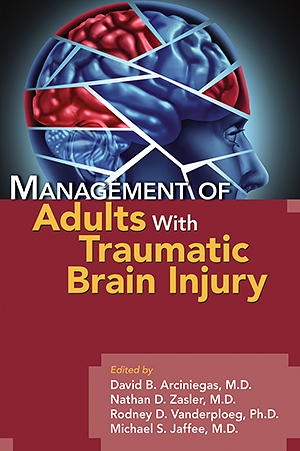Chapter 12.Substance Use Disorders
Sections
Excerpt
The co-occurrence of traumatic brain injury (TBI) and substance use disorder can result in more adverse outcomes than either disorder in isolation. Growing neurophysiological, neuropsychological, and neuroimaging evidence suggests that more impaired functioning occurs in persons who have a history of both TBI and substance use disorders (Baguley et al. 1997; Jorge et al. 2005; Wilde et al. 2004). A history of substance abuse prior to the index TBI is associated with decreased productivity, lower life satisfaction, and increased likelihood of psychiatric problems at follow-up (Bogner et al. 2001; Brenner et al. 2008; Jorge et al. 2005).
Access content
To read the fulltext, please use one of the options below to sign in or purchase access.- Personal login
- Institutional Login
- Sign in via OpenAthens
- Register for access
-
Please login/register if you wish to pair your device and check access availability.
Not a subscriber?
PsychiatryOnline subscription options offer access to the DSM-5 library, books, journals, CME, and patient resources. This all-in-one virtual library provides psychiatrists and mental health professionals with key resources for diagnosis, treatment, research, and professional development.
Need more help? PsychiatryOnline Customer Service may be reached by emailing [email protected] or by calling 800-368-5777 (in the U.S.) or 703-907-7322 (outside the U.S.).



